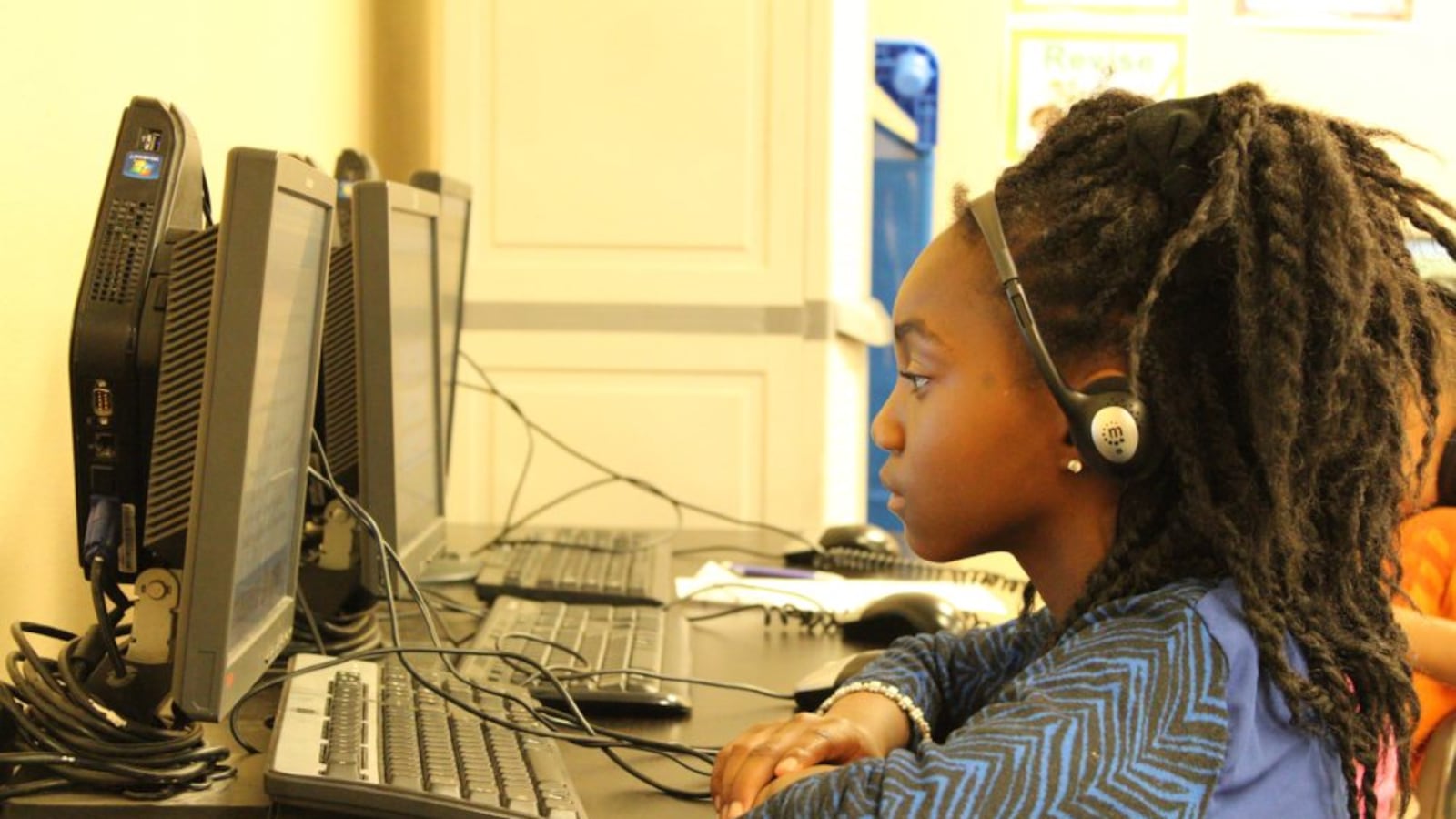The State Board of Education on Wednesday voted to finalize proposals presented last month to improve Aurora Central High School and HOPE Online charter schools.
Board member Steve Durham opposed both plans. Board member Rebecca McClellan opposed the plan for HOPE Online.
The proposal for Aurora Central is to continue following a plan to give the school more autonomy while getting help from an outside company.
Under the proposed plan for HOPE Online charter schools, which only applies to the low-performing elementary and middle schools, the charter will work with a former state education department official to help recruit and better train teachers. It will also appoint new board members.
HOPE is the state’s only charter school facing state intervention this year.
Discussions Wednesday in part focused on legal interpretations of the state board’s authority to monitor schools or revisit plans after directing action.
Aurora Public Schools’ superintendent and its attorney disagreed with the state’s interpretation of the state accountability law, stating they believe the low-performing schools should have their five-year clocks restarted.
State board members said they will reserve their right to review schools each year if schools continue to meet the benchmark of having more than five consecutive years of low ratings.
An amendment to both final orders for Aurora Central and HOPE Online changed the year in which the state will assign a state review panel if schools aren’t improving. The panel, which is separate from the state board and reviews struggling schools, would “critically evaluate the school’s performance, revisit its recommendations, and report back to the state board.”
Under the amendment the schools must earn a higher state quality rating by the fall of 2019. That rating would use data from tests taken during the 2018-19 school year.
Board members questioned the timeline. Board president Angelika Schroeder suggested it was too long to wait, but education department staff said it would be the only way to allow the schools to have two years to do the work since the current school year is almost over.
Staff and attorneys also suggested to the board that if they wanted to review the schools prior to that, they still could.
“I’m hoping to hear from staff each year as to the status of each of the schools,” Schroeder said. “I don’t want to wait any longer than that. The board ought to retain its right to look at schools that worry us prior to 2019.”
Another amendment changed the trigger for the state commissioner to direct the state review panel to evaluate a school in 2019. It would happen if a school earns a turnaround or priority improvement rating, rather than only in the case of a turnaround rating.
The change was made to the HOPE Online plans, but not for the Aurora Central plan because Aurora officials objected and asked that if the language was changed to include the additional low rating, that the language also change so that the commissioner had the option of not sending the state review panel.
Aurora’s attorney argued that turnaround work takes time and that if Aurora Central is making improvements but hasn’t quite yet earned a higher rating, that it shouldn’t be subjected to another review by a state panel.
Aurora Superintendent Rico Munn told the state board that he found no value in the state review panel’s previous report on Aurora Central.
Board member Durham noted that he opposed both schools’ plans saying that it seemed Aurora Central was being treated better than HOPE. He also had concerns with the timing of the process that he said put certain options out of reach, from a practical standpoint, such as turning Aurora Central into a charter school.
The state also voted to finalize the plans for two Greeley schools with the same amendments.

